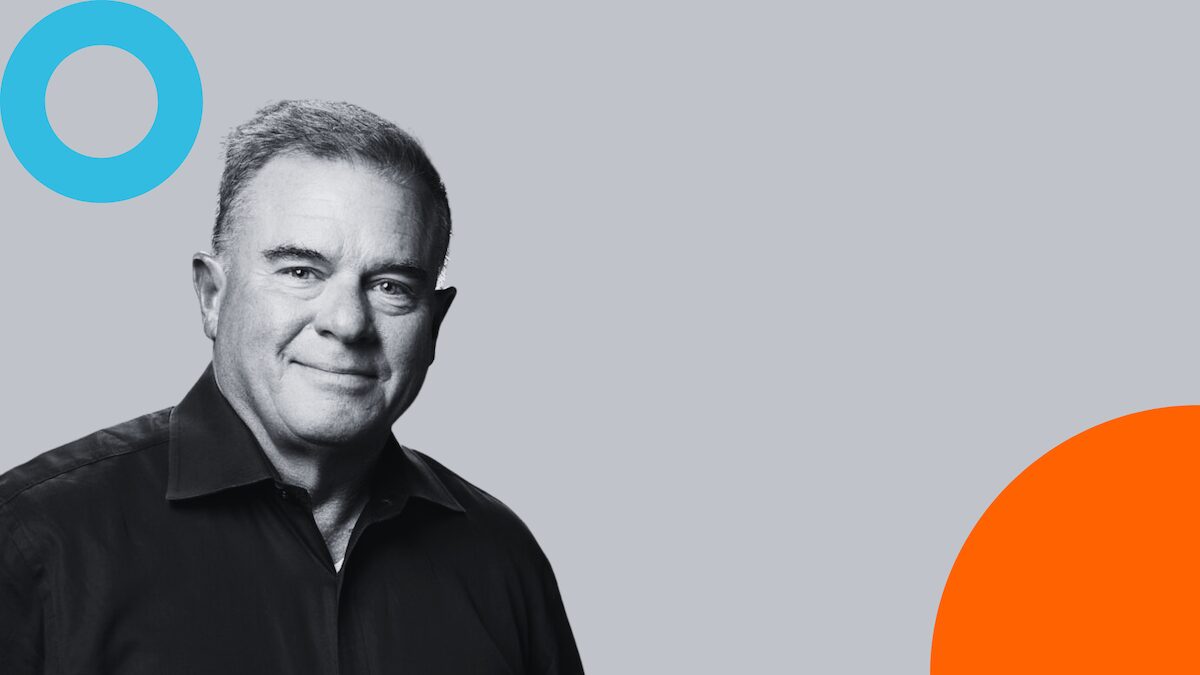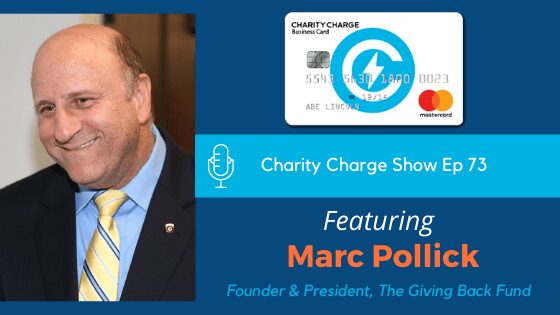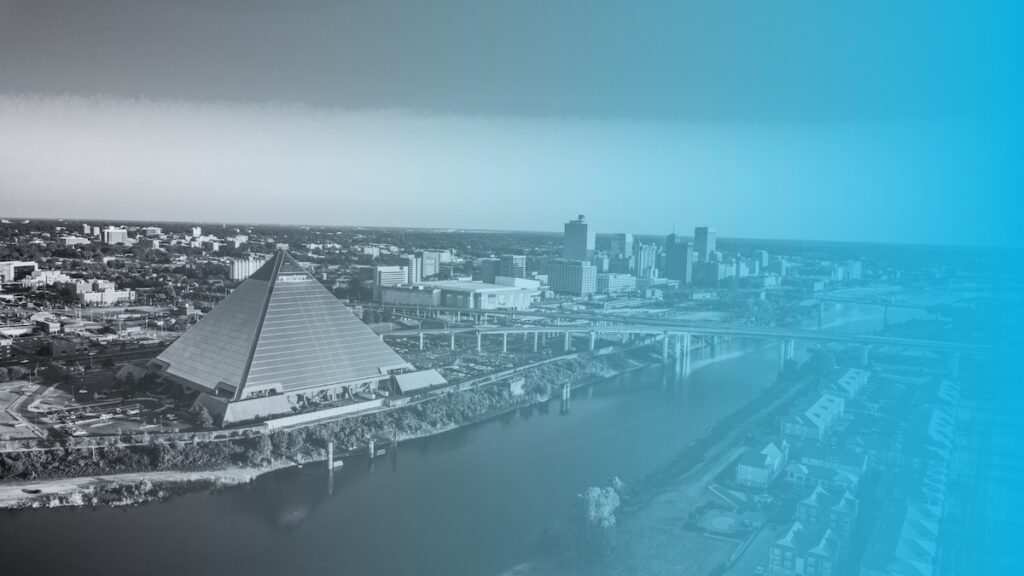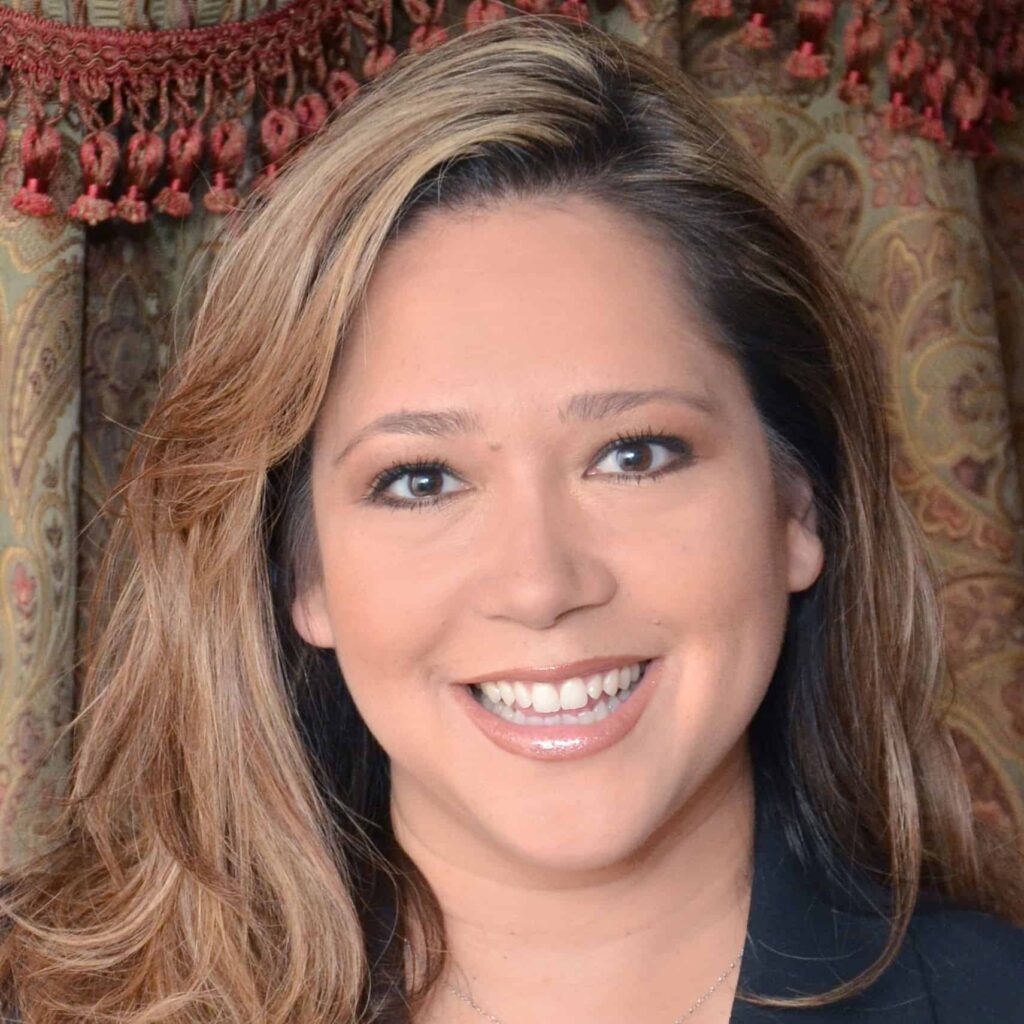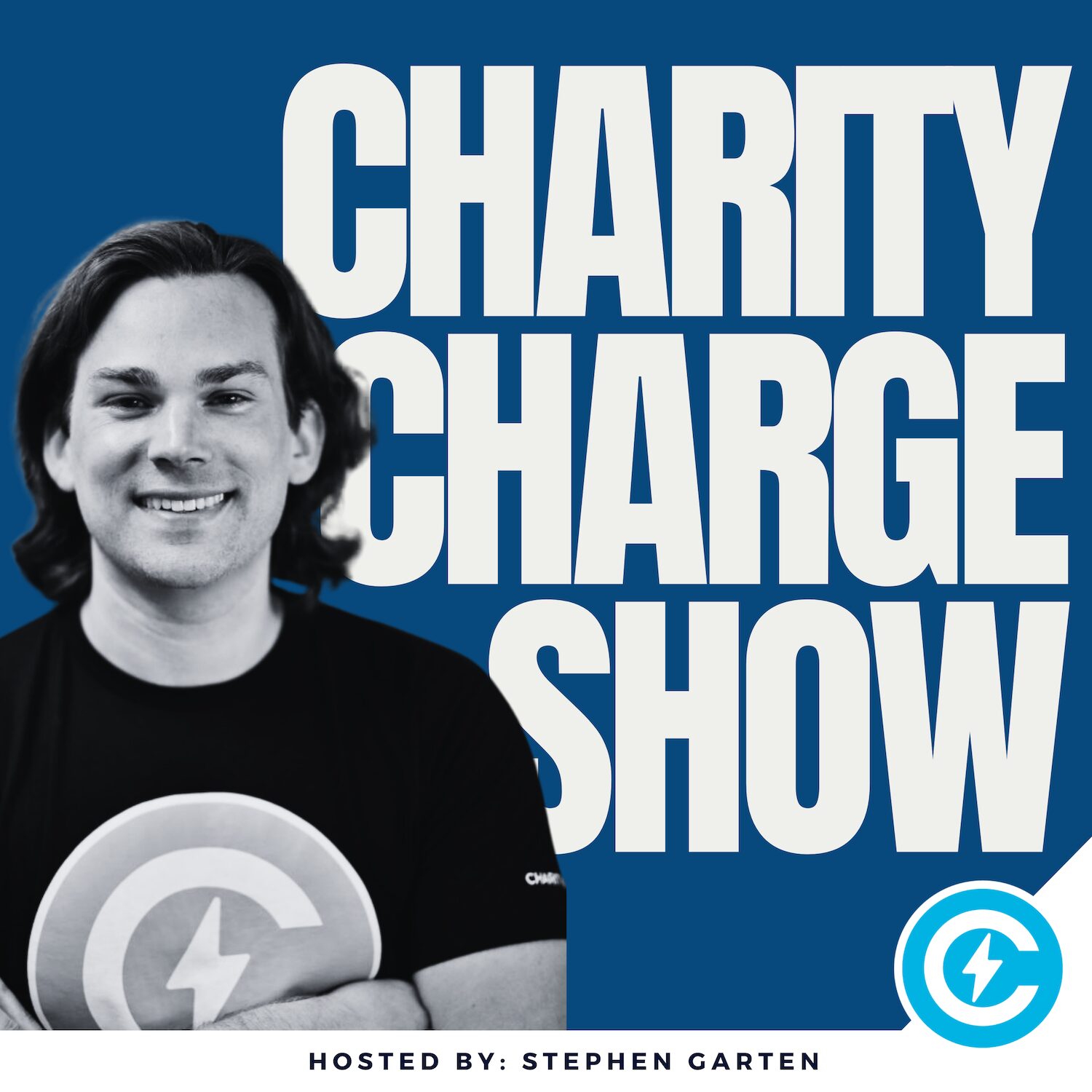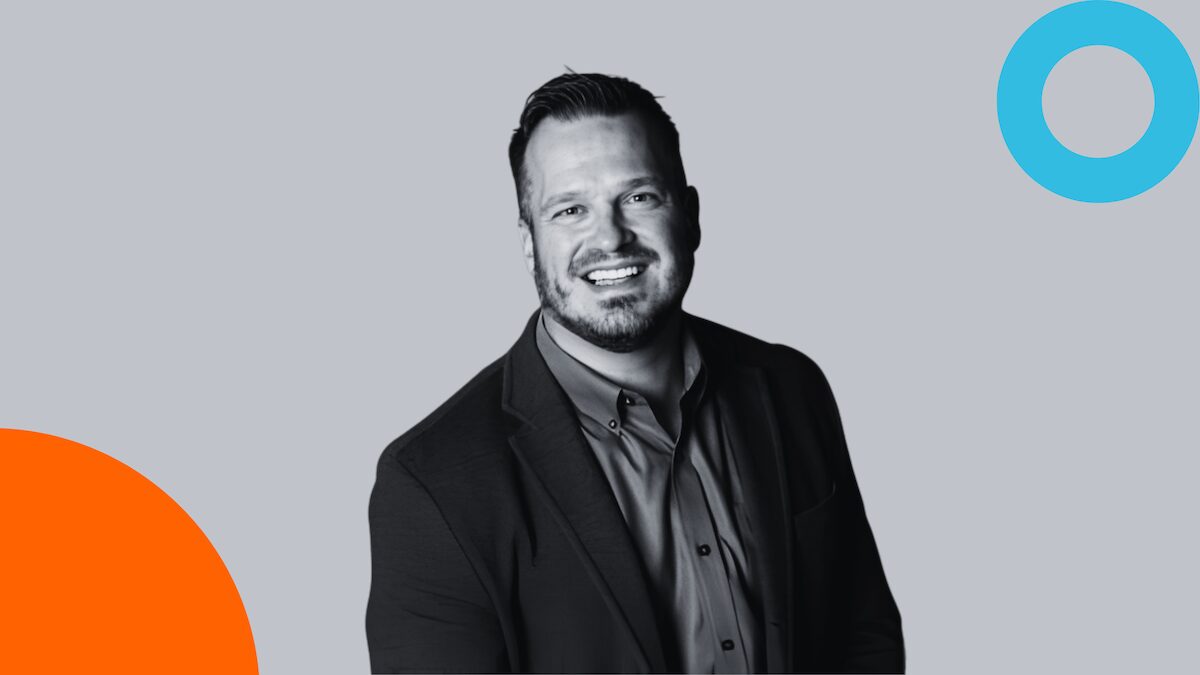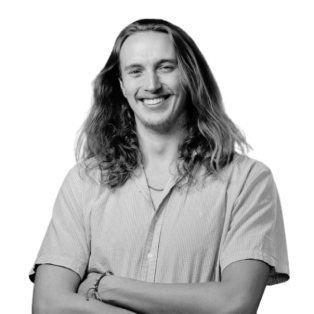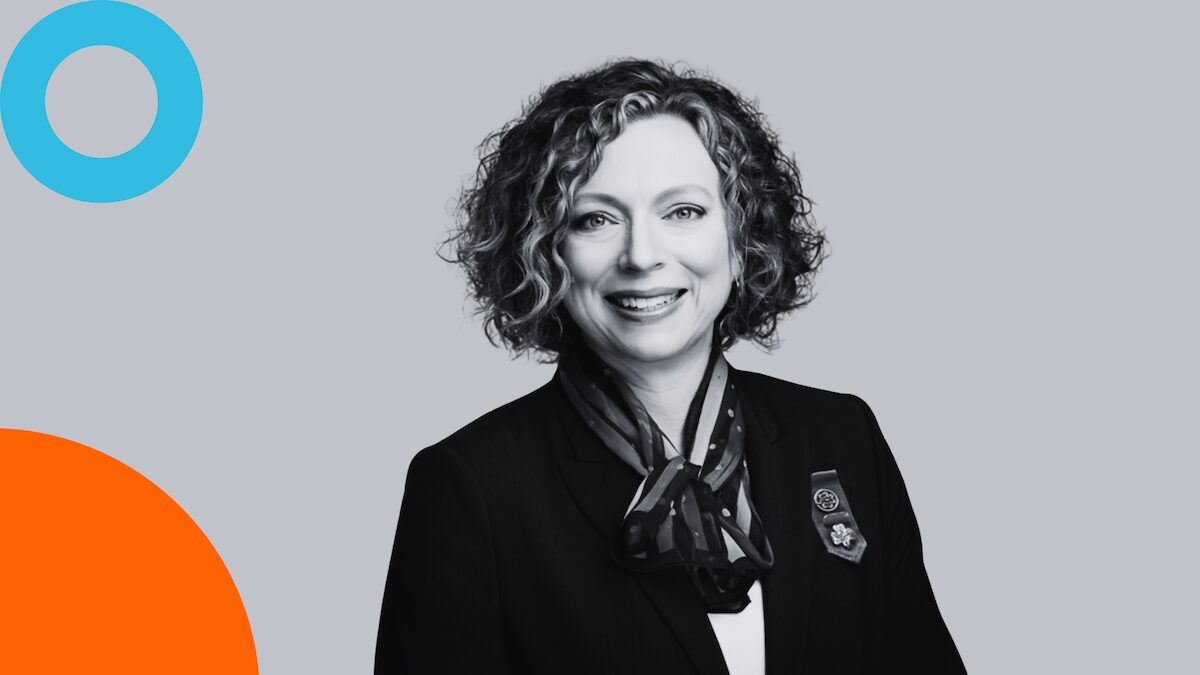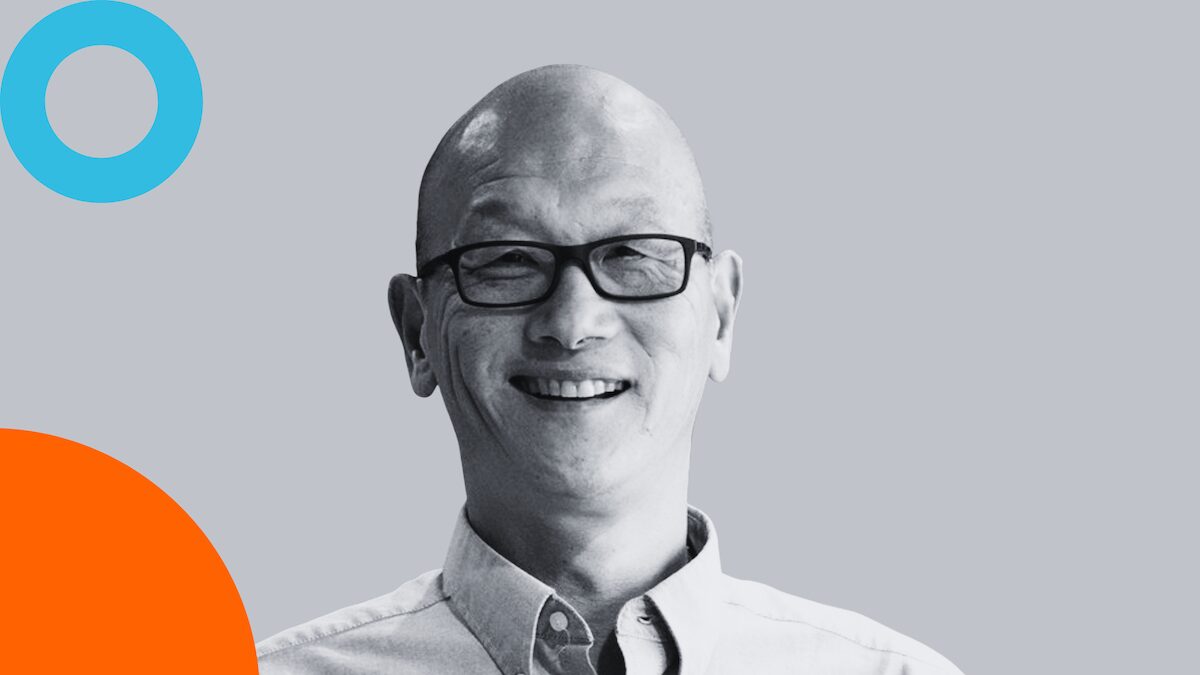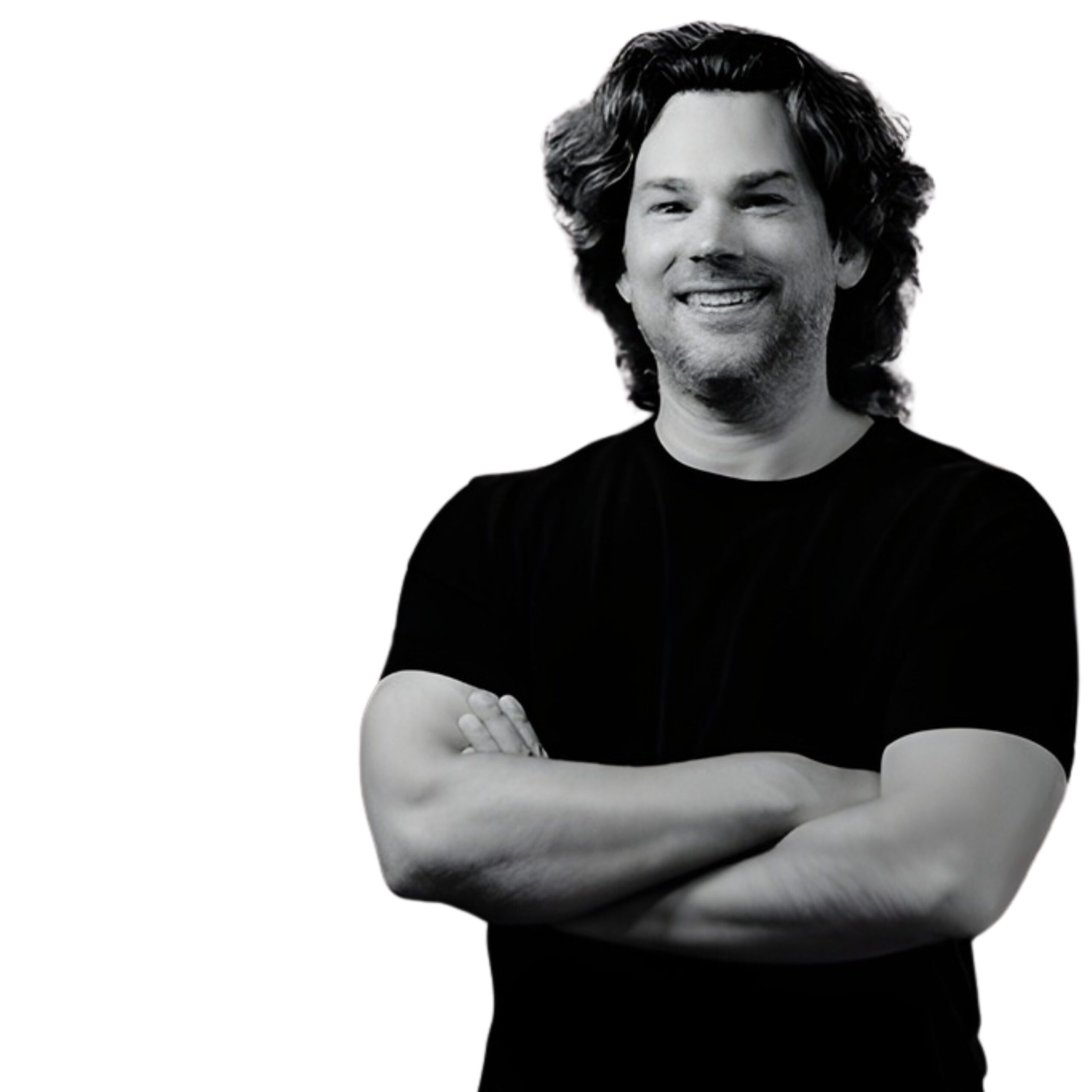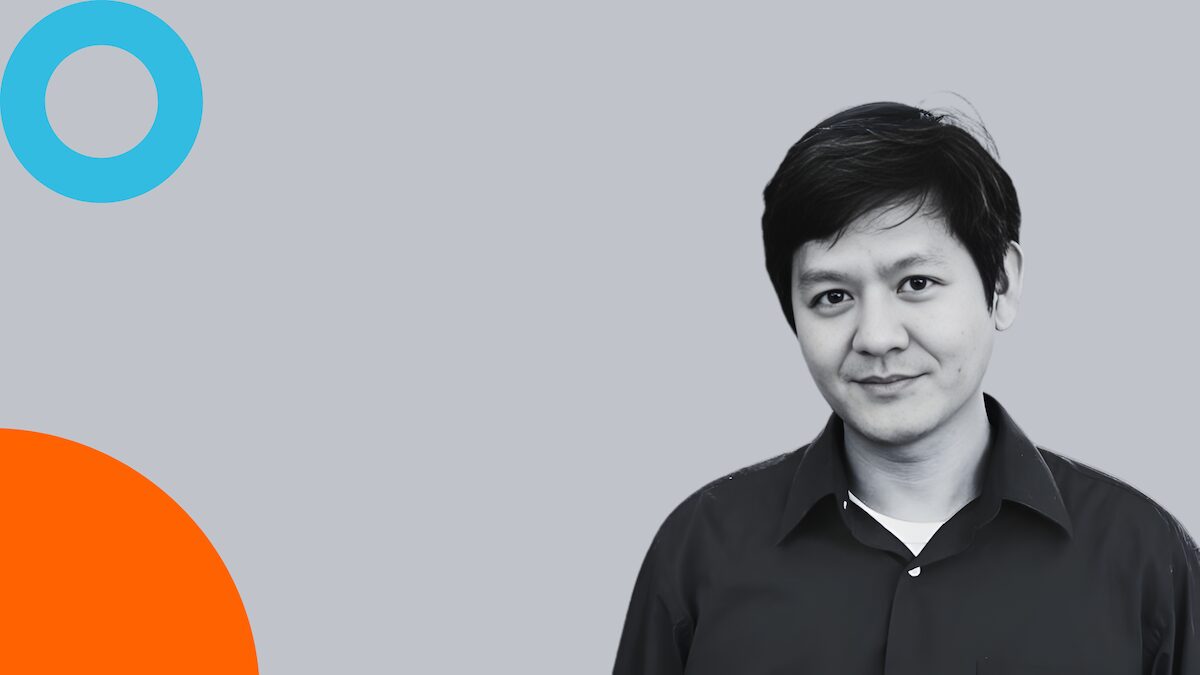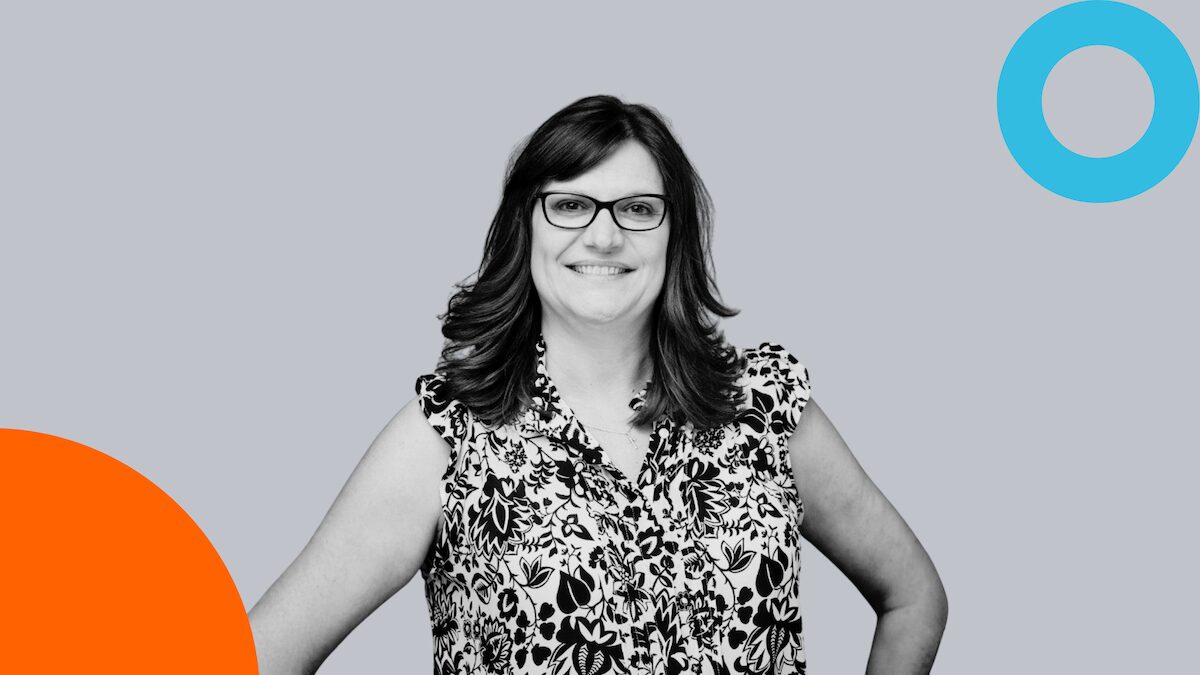In this episode of the Charity Charge Show, Greg Arend, CEO of the Gatesway Foundation, shares how his team is advancing safe housing, meaningful employment, and true community integration for adults with intellectual and developmental disabilities. He explains why integrated neighborhoods reduce stigma, how donor trust is earned through consistent transparency, and what sustainable revenue looks like for a modern nonprofit.
Key takeaways
- Gatesway is developing The Villages of Rose Hill, a fully integrated community that will include 300+ affordable housing units for neurodiverse and neurotypical residents living side by side.
- Employment is framed as life fulfillment, pairing community jobs with individualized supports and new enrichment programs for those not yet in the workforce.
- Trust comes from transparency. Regular progress updates and clear impact reporting have strengthened donor engagement and accelerated capital projects.
- Sustainability requires diverse revenue streams, not reliance on a single funder or government line item.
- Centering people with I/DD in public processes can shift outcomes. Self-advocacy at a city council meeting helped secure approval for an affordable housing development.
Gatesway’s mission in action
Founded in 1963, Gatesway Foundation empowers adults with intellectual and developmental disabilities to live, work, and thrive. The organization focuses on three core pillars:
- Meaningful employment
Gatesway supports community-based jobs with coaching, vocational training, and individualized plans. For those who are not ready for work, a new Enrichment Program provides structured days that build skills, confidence, and social connection. - Safe, supportive housing
Residential options range from on-campus cottages to group and companion homes, all built around personalized care plans and 24/7 support. The goal is dignity and independence in environments that feel like home. - Family navigation and resources
Gatesway’s Resource Center helps families understand and access services across Medicaid, DHS, and DRS, translating acronyms and processes into practical next steps.
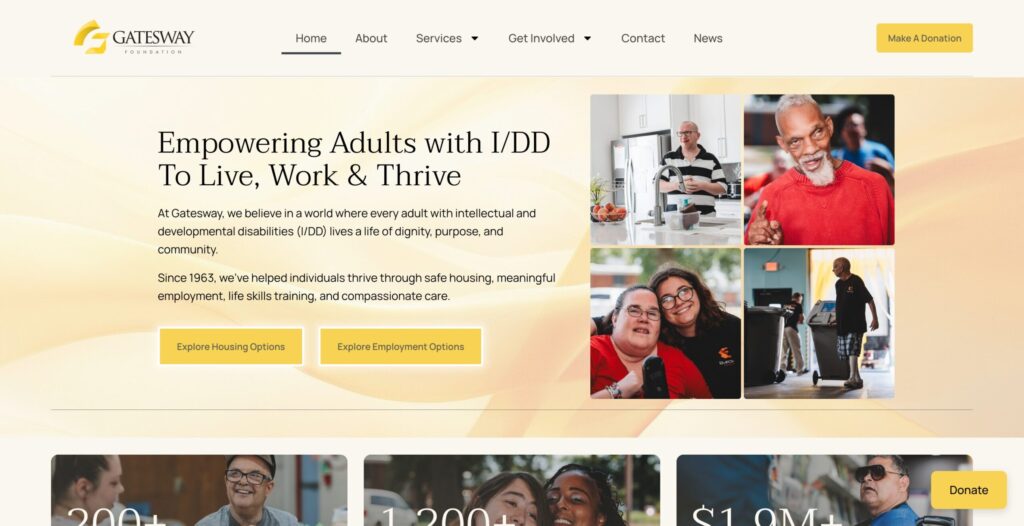
The Villages of Rose Hill: An integrated community vision
Gatesway is transforming its 41.5-acre campus in Northeast Oklahoma into The Villages of Rose Hill, a mixed community where neurotypical and neurodiverse neighbors share daily life. The plan includes:
- 300+ affordable, fully integrated units built over the next three years
- A community center designed for all residents
- A renovated gymnasium to support recreation and health
- A commitment to fund construction through grants and donor-advised gifts so new homes arrive without burdensome debt
Recently, the team uncovered unexpected site issues and secured an $870,000 grant to cover cost overages. As Arendt put it, planning and persistence met the right opportunity at the right time.
Employment, enrichment, and the power of choice
Work creates identity and independence. Gatesway pairs people with roles they enjoy and can perform alongside neurotypical peers. For friends who are not yet working, the Enrichment Program offers tailored activities that strengthen daily living skills, build routines, and improve quality of life. The north star is personal fulfillment, not a one-size path.
Integration reduces stigma
Daily proximity changes minds. When people live, work, volunteer, and celebrate together, difference becomes familiar. Arendt describes joyful interactions on campus and a powerful city council moment where Gatesway residents spoke in favor of an affordable housing development. Their testimony reframed the conversation and the measure passed unanimously.
Donor trust through transparency
Early fundraising was an uphill climb. Momentum accelerated when Gatesway committed to consistent updates, clear milestones, and results that tie bricks and mortar to human outcomes. Donors appreciate photos, construction progress, and stories that show how a new home with a private bedroom and bathroom improves dignity for residents and working conditions for caregivers. The result is a more engaged and confident funding community.
Sustainability is a strategy
Arendt’s advice to nonprofit leaders:
- Nonprofit is a tax status, not a business model. Build diverse revenue streams.
- Avoid mission creep. Focus energy where you deliver the most value.
- Measure what matters. Run financial and operational metrics at a granular level.
- Show the journey. Frequent, honest reporting strengthens trust and long-term support.
Podcast Transcript Q&A
Greg Arend:
Thanks, Grayson. I’m excited to be here. Yes, it’s been an incredible few years for us. Our mission is simple but powerful: every adult with intellectual and developmental disabilities deserves dignified housing and compassionate care. Recently, we hit a major milestone. Like any large capital project, we ran into some unexpected costs—about $870,000 worth of surprises, from missing detention ponds to misaligned sewer lines. Thankfully, our team identified a grant opportunity just in time, and we were awarded the exact amount we needed to cover those overages. It was a huge blessing and a sign that we’re on the right path.
Grayson Harris:
That’s fantastic. Tell me more about the housing project and what you’re hoping to achieve through it.
Greg Arendt:
Gatesway serves adults across Northeast Oklahoma, and part of our vision centers on a 41.5-acre property that we’ve owned for years. For a long time, most of that land was undeveloped. When I became CEO, we began to imagine what a fully integrated community could look like—a place where neurotypical and neurodiverse individuals live side by side. That’s how everyone wins.
The result is The Villages of Rose Hill—a new model for integrated living. Today, about 60 people live on our campus, but when the project is complete, we’ll have over 300 units of affordable, fully integrated housing. We’re also building a community center and a gymnasium for shared recreation and events. The goal is to have the entire development funded through grants and donor-advised gifts, so by the time we’re done—roughly three years from now—every home will be debt-free and built for long-term sustainability.
Grayson Harris:
That’s incredible. Housing is a huge piece of your mission. Can you also talk about the employment side of what you do?
Greg Arend:
Absolutely. Employment is critical but often challenging for adults with I/DD. At Gatesway, we believe in fully integrated community employment. Just as we advocate for integrated housing, we want people with disabilities—our “friends,” as we call them—to work alongside neurotypical peers in jobs that bring purpose and joy.
We help our friends find roles that fit their skills and interests, and we provide job coaching and support to make those placements successful. For those who aren’t ready to work, we’re launching an Enrichment Program, which offers individualized activities focused on skill-building, confidence, and overall life fulfillment. Every person deserves to contribute and find meaning, and our programs are designed to make that possible.
Grayson Harris:
If you had to summarize it, what are the benefits of this integration model—for both your friends and the community as a whole?
Greg Arend:
Integration changes everything. It reduces stigma, fosters empathy, and shows people that “different” is actually a beautiful thing. For decades, individuals with I/DD were isolated, often bullied, and excluded from everyday life. Some of our friends even experience PTSD from their school years because of that exclusion.
But when neurotypical people live, work, or volunteer alongside those with I/DD, they realize how much they have in common. They see the joy, kindness, and authenticity our friends bring into every interaction. You can’t help but feel uplifted around them. I often say they have the purest hearts of anyone I’ve ever met. When people experience that, the stigma starts to disappear.
Grayson Harris:
That’s powerful. Let’s talk about community engagement and donor support. How has your inclusive approach helped build trust and secure funding?
Greg Arend:
It’s been transformative. When I first stepped into leadership, fundraising was tough. But once we cast a clear vision and committed to consistent, transparent communication, everything changed.
A major donor once told me that in most capital campaigns, he hears nothing after the groundbreaking. That stuck with me. I made it a priority to report back regularly—photos, updates, impact stories—so donors see exactly what their contributions are doing.
And you know what? It works. Our donors are more engaged than ever because they trust us. They know we’re accountable, that every dollar is being used wisely, and that we’re making a real difference.
We’re also seeing incredible community partnerships. We recently worked with the City of Broken Arrow and a developer from Kentucky to get approval for a 180-unit affordable housing complex adjacent to our campus. Those projects don’t happen without community buy-in.
At one city council meeting, several of our friends stood up and spoke on their own behalf. They said, “This is my home too.” They were articulate, brave, and compelling—and the council approved the project 5–0. It was a powerful reminder that self-advocacy is one of the most effective tools for change.
Grayson Harris:
That’s an amazing story. I love the connection between transparency, trust, and community empowerment. From your experience, how do you maintain that trust over time?
Greg Arend:
For us, trust comes from accountability, communication, and transparency—consistently. We don’t bombard people; we invite them to join the journey. Every update is about shared progress and purpose.
We also make sure our work improves not just outcomes but environments. For example, caregivers deserve to walk into a beautiful, dignified space when they show up to work. When your staff feels proud of where they serve, that pride carries through to the care they deliver. Even small improvements—like new cabinets or better lighting—signal respect for both the residents and the team.
Grayson Harris:
That makes perfect sense. To wrap up, what advice would you give nonprofit leaders who are trying to build something sustainable like Gatesway?
Greg Arend:
The first thing I tell people is this: a nonprofit is a tax status, not a business model. If you want to be sustainable, diversify your revenue streams. Don’t rely too heavily on one funding source—especially not government contracts.
That’s why we’re developing land and creating long-term assets. Rental income and other earned revenue streams will help us sustain our mission even when funding cycles shift.
Second, fight mission creep. Know exactly what you’re here to do and have the discipline to say no to things that don’t fit that purpose.
And third, understand your metrics. Know your financials at a granular level and use that data to tell your story. When you combine operational discipline with honest storytelling, you earn trust. And trust is what keeps a mission alive.
Grayson Harris:
That’s great advice. Greg, thank you for sharing your vision and the incredible work happening at Gatesway Foundation. It’s inspiring to see how your team is redefining what inclusion and sustainability look like in the nonprofit space.
Greg Arend:
Thanks, Grayson. I appreciate the chance to share our story.

